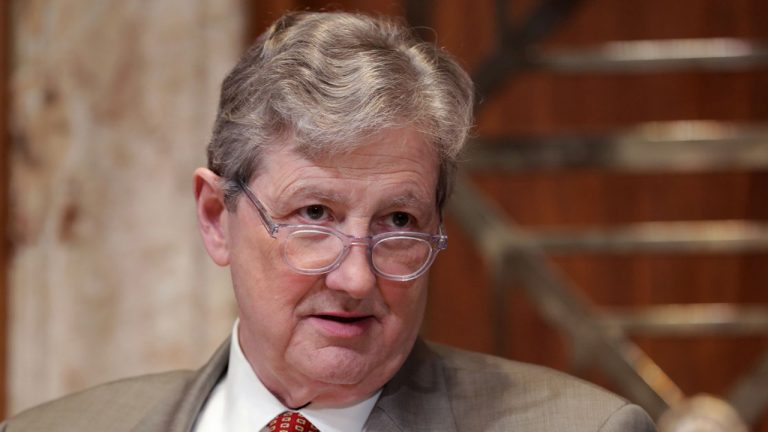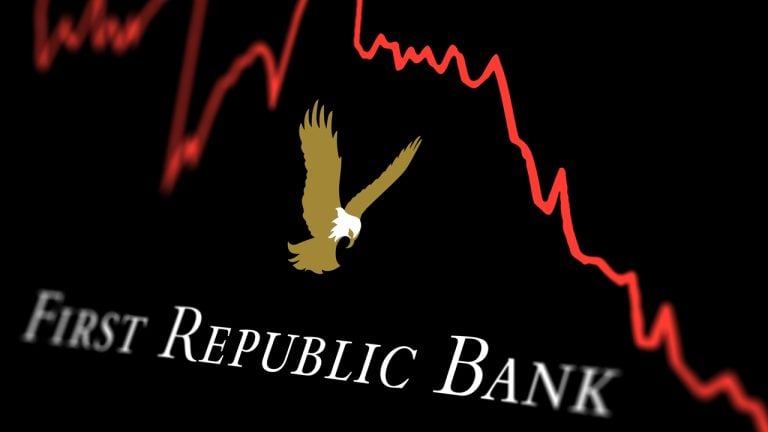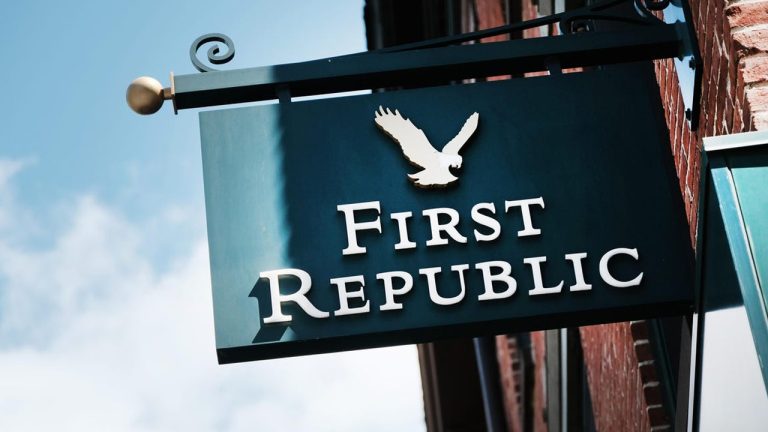
Circle initially agreed to go public as part of a $4.5 billion merger in July 2021 but that deal fizzled out.
USD Coin (USDC) issuer Circle is contemplating an initial public offering (IPO) in early 2024, according to Bloomberg.
A Nov. 7 Bloomberg report citing people with knowledge of the matter said the stablecoin issuer is talking to its advisers about the move but there’s no certainty the deliberations will result in a public listing.
Circle first agreed to go public in a $4.5 billion merger with Concord Acquisition in July 2021 but that deal fell through.
“Becoming a U.S.-listed public company has long been part of Circle’s strategic aspirations,” a Circle representative told Bloomberg.
Circle remains tight-lipped on the details. “We don’t comment on rumors,” the representatives added.
A potential IPO would see the now-privately owned Circle publicly offer shares for the first time.
Related: Moody’s unveils service that uses AI to predict stablecoin depeggings
Circle was valued at $9 billion in February 2022 after the firm revised its merger deal with Concord. However, USDC’s market cap has fallen 56% from its $55.9 billion peak in June 2022 to $24.6 billion.
Our Chief Economist @gordonliao & his co-authors were honored at #DCFintechWeek for their research showing how stablecoin use for speculative crypto trading has dropped 90% since 2019. More evidence that $USDC utility era is here. Kudos! https://t.co/XTjxc4Sdjr
— Circle (@circle) November 7, 2023
Circle has received investment from financial services firms BlackRock, Fidelity Management, Goldman Sachs, General Catalyst Partners and Marshall Wace.
USDC temporarily depegged from the United States dollar in March due to its $3.3 billion exposure to the now-collapsed Silicon Valley Bank. It bottomed at $0.87 on March 11 before bouncing back to $1 on March 14, according to CoinGecko.
Magazine: Unstablecoins: Depegging, bank runs and other risks loom










